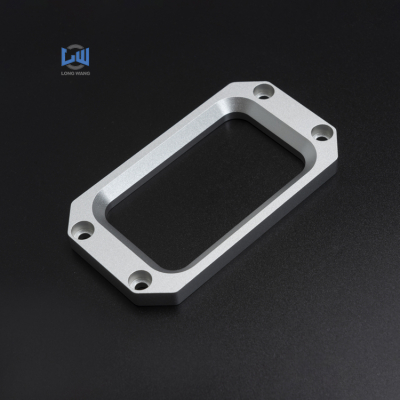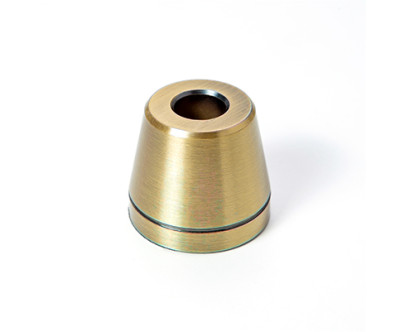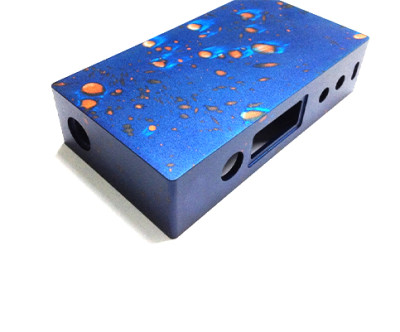CNC Machining Tolerances: What Buyers Need to Know
CNC Machining Services have become a cornerstone of modern manufacturing, providing high precision and consistent quality for a wide range of components. One of the most critical aspects buyers need to understand is CNC machining tolerances. Tolerances define the allowable deviation from the specified dimensions of a part. Understanding them is essential to ensure that parts fit together correctly and perform as intended.
Different materials and manufacturing processes affect the achievable tolerance. For example, metals like aluminum or steel typically allow tighter tolerances compared to plastics. Similarly, complex geometries may require more careful planning to meet precise specifications. By communicating your tolerance requirements clearly to your CNC machining service provider, you can avoid costly errors and ensure product reliability.
CNC machining tolerances also impact assembly and long-term performance. Parts with too loose tolerances may not fit properly, while overly tight tolerances can increase production costs and lead to material wastage. Experienced CNC machining service providers can advise on the most practical tolerances for your specific design and material choice, balancing cost, manufacturability, and performance.
Ultimately, understanding CNC machining tolerances helps buyers make informed decisions when selecting a CNC machining service. Clear specifications and collaboration with the service provider ensure parts meet quality standards, reduce rework, and enhance product consistency, making your manufacturing process more efficient and reliable.



